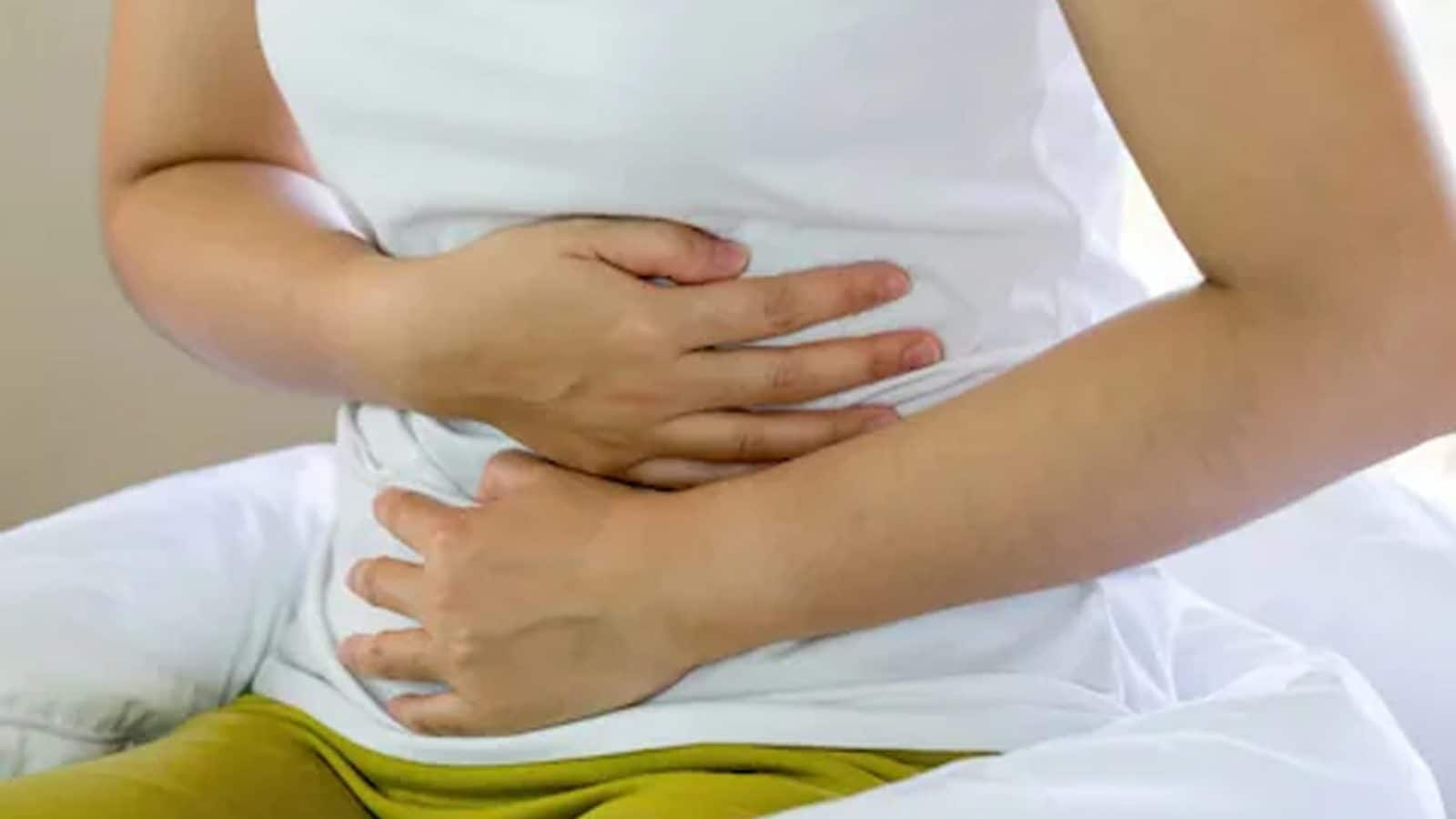Various organisations, come together to conduct awareness campaigns with the aim to educate people about constipation, its complications and preventive measures
Various organisations, come together to conduct awareness campaigns with the aim to educate people about constipation, its complications and preventive measures
Constipation awareness month is observed throughout December. Various global and local organisations, come together to conduct awareness campaigns and activities with the aim to educate people about the condition, its complications, and preventive measures for constipation.
When a person has three or fewer bowel movements in a week, he is considered to be suffering from constipation. This happens when bowel movements become less frequent and stools become difficult to pass. Constipation is one of the most common gastrointestinal condition and affects all age groups.
There are two kinds of constipation: primary constipation and secondary constipation. Primary constipation has no underlying abnormalities and routine investigations are normal. Secondary constipation is usually caused due to the patient suffering from diabetes, thyroid issues, hypertension, use of painkillers and iron supplements. Most patients suffer from primary constipation which is caused due to inadequate intake of fluids and fibre in their diet. This is the main cause of constipation in our population.
“If a patient has primary constipation, usually we change their diet and increase the intake of fibre in their diet. They are also required to exercise adequately and undergo some weight loss if they are overweight, with a primary change in their lifestyle. For patients suffering secondary constipation, we check for any underlying medical conditions related to the patients that might cause constipation,” says Dr Rahul Dubbaka, Consultant, Medical Gastroenterologist, Hepatologist and Therapeutic Endoscopist, CARE Hospitals, Banjara Hills, Hyderabad.
Also Read: Winter Is the Perfect Time to Plan Your Trip to North India
Elderly patients who are suffering from long-term constipation case are also recommended to go through a colonoscopic examination to check for any possibility of colon cancer. “Especially for patients with long-standing cases of constipation, who may have blood in their stool, or those who have significant weight loss, and loss of appetite have to be evaluated thoroughly and treated accordingly. Irritable Bowel Syndrome is another cause of constipation,” adds Dr Dubbaka.
Dr Ganesh Shenoy, Senior Consultant-Minimal Access, GI and Bariatric Surgery, Fortis Hospital, Cunningham Road explains the other key features that usually define constipation:
- Stools are dry and hard
- Bowel movement is painful, and stools are difficult to pass
- Feeling that one has not fully emptied the bowels
Dietary choices and lifestyle are the main causes of constipation. This might be because of
- Not eating enough fibre, such as fruit, vegetables and cereals.
- Change in routine or lifestyle, such as a change in eating habits.
- Having limited privacy when using the toilet.
- Ignoring the urge to pass stools.
Age Groups
“Constipation can occur occasionally in people of all ages. There are also certain people that are more likely to become consistently constipated. The term “chronic constipation” is referred to in such cases,” says Dr Shenoy.
- Older age: Older people tend to be less active, have a slower metabolism and have less muscle contraction strength along their digestive tract than when they were younger.
- Women: Especially pregnant women and after childbirth. Changes in a woman’s hormones make them more prone to constipation. The baby inside the uterus squishes the intestines, slowing down the passage of stool.
- Medications: Anti-psychotic drugs, codeine, ibuprofen, anti-epileptic drugs, iron tablets lead to constipation.
- Medical disorders: Hypothyroidism, Diabetes, Parkinson’s disease, Irritable bowel syndrome, Hypercalcemia, Scleroderma are factors too.
Complications of Constipation
Haemorrhoids or piles
Fissures
Diverticulitis
Colon and Rectal Cancer
One should immediately notify their doctor if they see blood or mucus in stools, weight loss, and constipation.
Dr Shenoy recommends some ways to help relieve constipation
- Drink two to four extra glasses of water a day. Avoid caffeine-containing drinks and alcohol, which can cause dehydration.
- Add fruits, vegetables, wholegrains and other high-fibre foods to your diet. Eat fewer high-fat foods, like meat, eggs and cheese.
- Eat prunes and bran cereal.
- Keep a food diary and single out foods that constipate you.
- Get moving, and exercise.
- Check how you sit on the toilet. Raising your feet, leaning back or squatting may make bowel movement easier.
- Add an over-the-counter supplemental fibre to your diet
- If needed, take a very mild over-the-counter stool softener or laxative. Overuse of laxatives can worsen your symptoms.
- Do not read or use your phone or other devices while trying to move your bowels.
Surgery
Surgery is rarely needed to treat constipation. It might be required in colon and rectum cancer cases as well as piles, fissures, intestinal obstruction, rectal prolapse, and piles.
Read all the Latest Lifestyle News here




